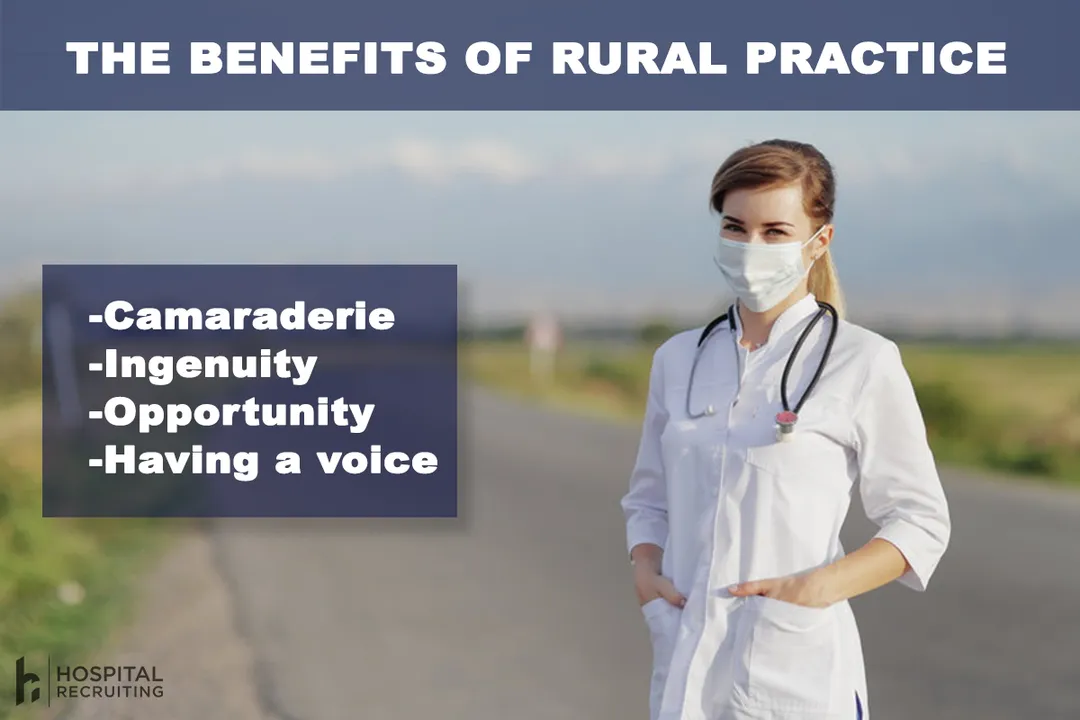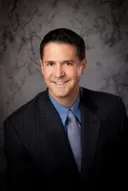Rural Medicine: Go Small to Win Big

Walking into a four-bed emergency department for the first time, I was greeted with an ambulance call. The paramedic excitedly reported two people were ejected from a vehicle and in critical condition - ETA 10 minutes. As I turned to greet the nurse for the first time, a pale 60-year-old gentleman walked in, clutching his chest. As we started running the STEMI protocol, the local sheriff popped in to alert us to a black powder rifle accident with unknown injuries being transported by family to us.
Having practiced at both level one and level two trauma centers, I had no idea what to expect covering ED shifts in a town of 900 people. What transpired over the next five years was a delightful experience and testament to those working in small or rural hospitals as well as an opportunity for growth in a new dimension.
The flavors vary as much as the people and patients found in each. While the technological and personnel resources at larger institutions are hard to match, the heart and dedication of the small-town hospital staff were impressive. I wanted to share a few of the positives encountered while working in several smaller and critical access hospitals.
Ingenuity
It was not uncommon to be confronted with situations that overwhelmed staff and capability. Witnessing nursing and paramedic students step up to help in critical situations without being asked was refreshing. First responders quickly jumped in to help restrain violent patients, nursing aides directed the worried families, and everyone pitched in when multiple casualties arrived simultaneously. Nursing staff competently followed protocols and kept current with the required "merit badges" of medicine. It seems that the hesitation the uninitiated feel when beginning work in a large trauma center was never an issue in these smaller settings.
Camaraderie
I found it refreshing working with the same group of people every shift. Most of the staff had been at the facility for decades and were woven into the fabric of everything surrounding the patient's care.
Years of working closely under challenging situations quickly cultivated a level of trust that sometimes is missing in larger institutions where the players are frequently changing. Personal and professional bonds quickly formed.
Having a voice
Being heard above the crowd is difficult. Working in smaller emergency departments with physician staff numbering less than a half dozen was refreshing. Ideas shared are listened to, and solution-focused collaboration is positively welcomed. This environment was a welcome change from former larger urban centers where decisions often are handed down with little to no input from those in the trenches.
Opportunity & Improvisation
Undoubtedly the experiences, training, and well-developed protocols from urban centers will differ. Use this as an opportunity to share knowledge, adapt, and shape care delivery to a higher level. Combining the insights from local staff experience and tertiary models can elevate the game for all.
Quiet Contemplation
Finding a minute for a snack or a trip to the bathroom can be daunting working in a busy urban emergency department. Despite moments of intense chaos, the small ED experience provided moments of quiet that are impossible in other settings. Sleeping for a handful of hours on a night shift, catching up on a journal article or CME task, and even an uninterrupted lunch out in the sun next to the ED dampened the impact life as a physician dishes out.
"If you do not know where you are going, every road will get you there."
This quote is often attributed to Henry Kissinger but it also appears throughout literature, including Lewis Carroll's Alice in Wonderland. This fork in the road was one taken with clear intent. My journey as an EM physician concluded with a busy yet rewarding shift thousands of miles from the urban center where I trained. As I drove past the helipad, a smile creased with the gratification and closure needed to move on to a new chapter.
Related Posts
